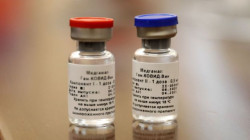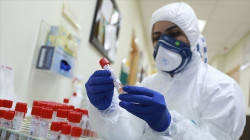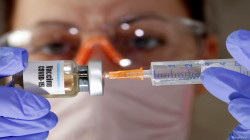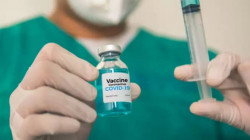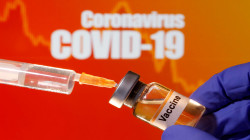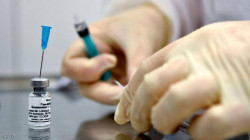The United States "doesn't need" to choose between boosters and sending donations to poor countries, Official says
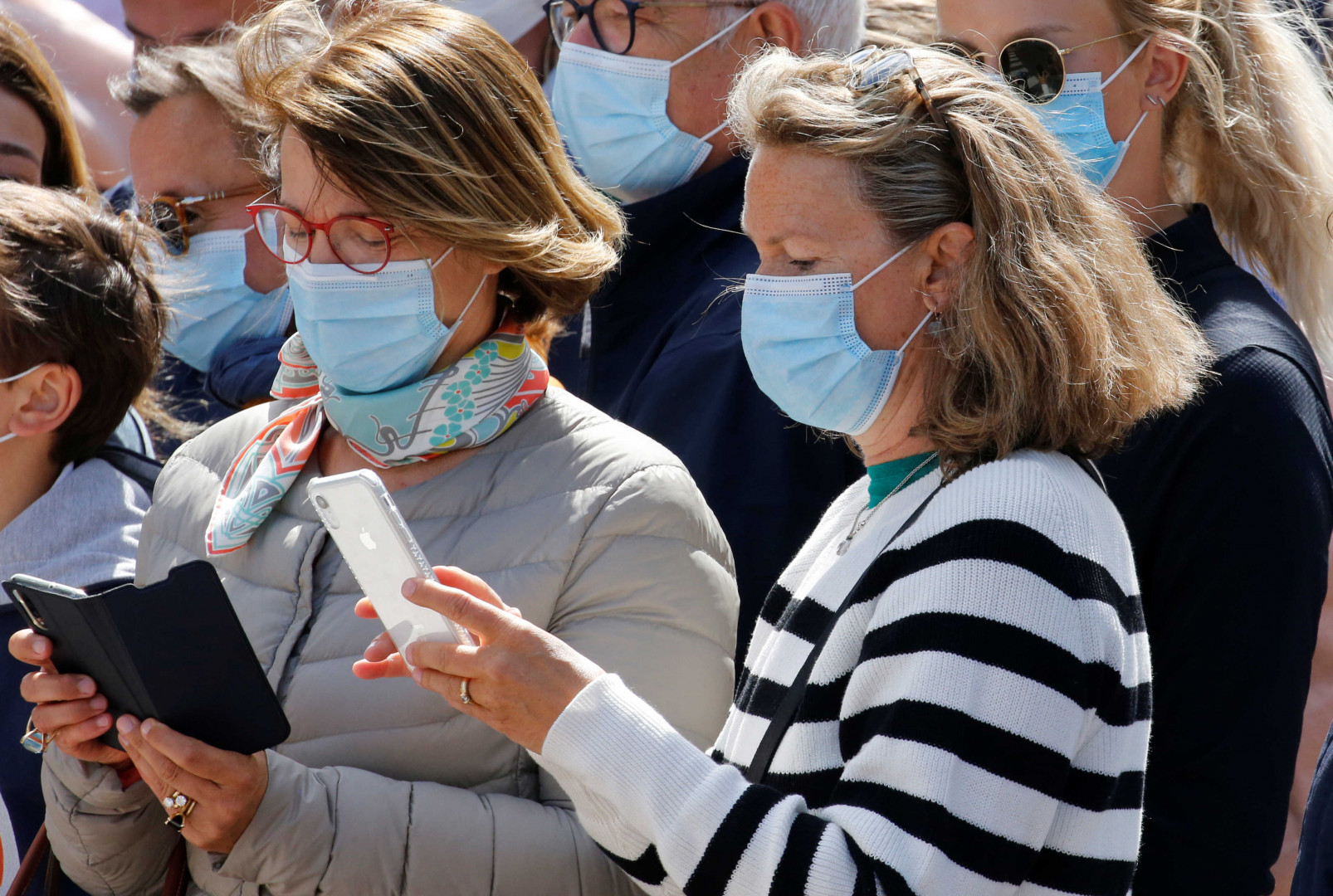
Shafaq News/ The White House rejected the World Health Organization's call for a moratorium on COVID-19 vaccine boosters.
White House spokeswoman Jen Psaki said the United States "doesn't need" to choose between boosters and sending donations to poor countries.
Psaki considered that the proposal of the United Nations is a "wrong alternative," adding, "We believe that we can do both... We do not need to choose between providing third doses to the Americans and helping poor countries, and this has not been officially decided yet in any case."
The World Health Organization is calling for a moratorium on COVID-19 vaccine boosters until at least the end of September, its head Tedros Adhanom Ghebreyesus said on Wednesday.
The move was to enable that at least 10% of the population of every country was vaccinated, WHO Director-General Tedros said.
The call to stop COVID-19 vaccine boosters is the strongest yet from the UN agency as the gap between inoculation rates in wealthy and poor countries widens.
"I understand the concern of all governments to protect their people from the Delta variant. But we cannot accept countries that have already used most of the global supply of vaccines using even more of it," Tedros added.
High-income countries administered around 50 doses for every 100 people in May, and that number had since doubled, according to WHO. Low-income countries have only been able to administer 1.5 doses for every 100 people, due to lack of supply.
"We need an urgent reversal, from the majority of vaccines going to high-income countries, to the majority going to low-income countries," said Tedros.
Some countries have begun to use or started weighing on the need for booster doses.
Germany said on Monday it will in September start to offer a booster shot to vulnerable people. The United Arab Emirates will also start providing a booster shot to all fully vaccinated people considered at high risk, three months after their second vaccine dose, and six months for others.
Last week, Israeli President Isaac Herzog received the third shot of the coronavirus vaccine, kicking off a campaign to give booster doses to people aged over 60 in the country.
In the United States in July signed a deal with Pfizer Inc and German partner BioNTech to buy 200 million additional doses of their COVID-19 vaccines to help with pediatric vaccination as well as possible booster shots.
U.S. health regulators are still assessing the need for a booster dose.
